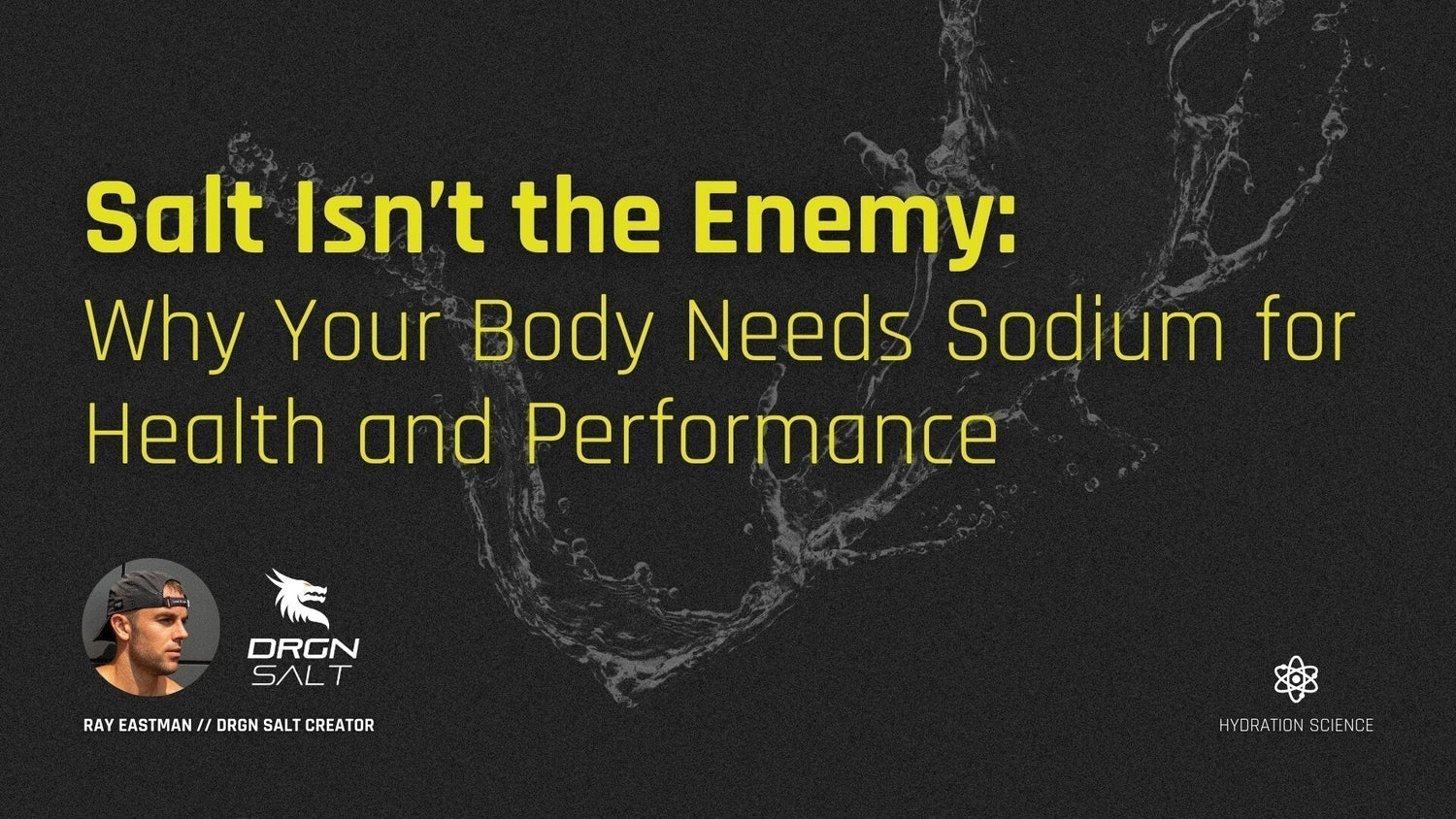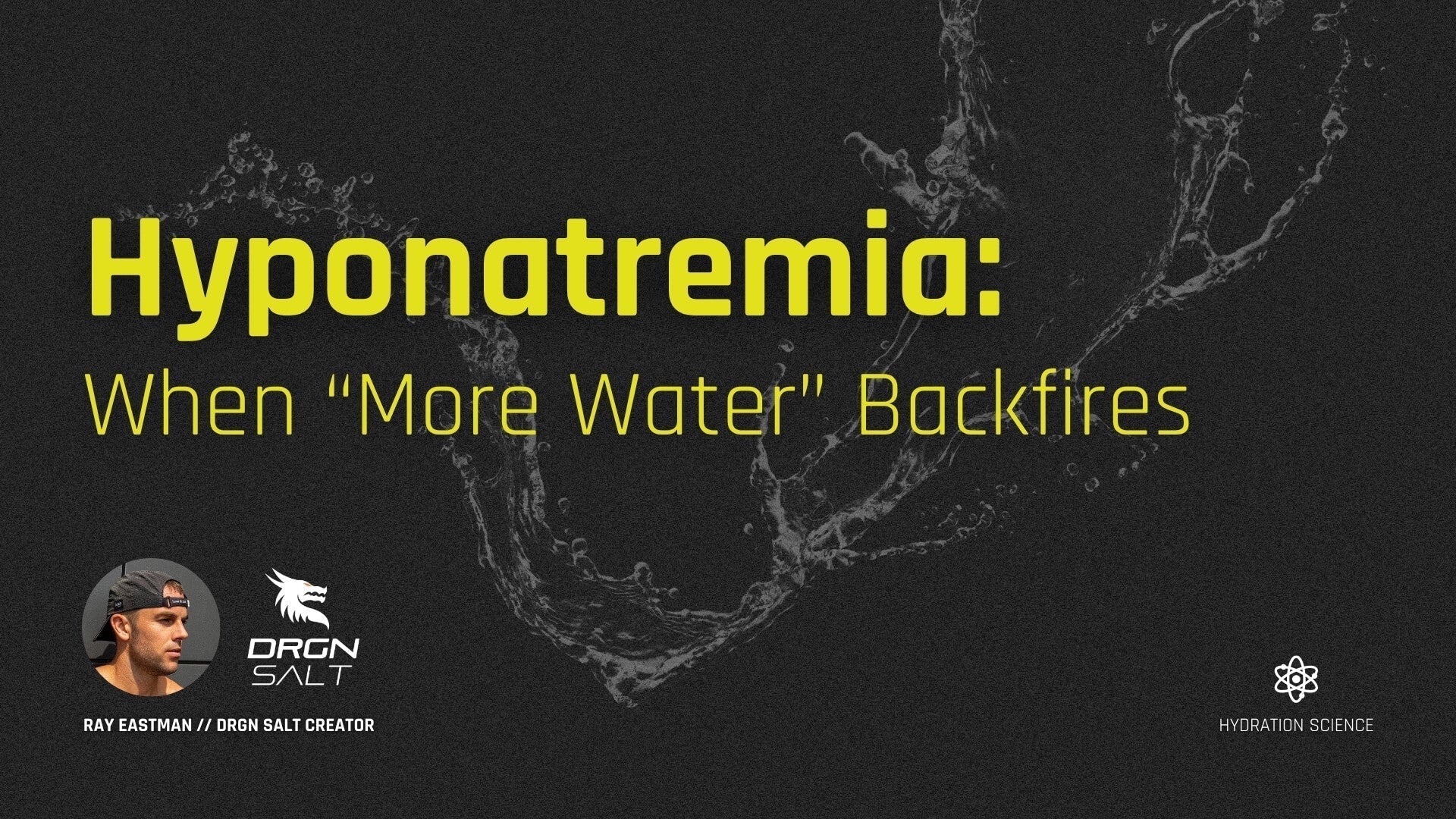For decades, mainstream health advice has warned us about “too much salt.” But this fear of sodium misses the bigger picture: salt is essential for blood volume, energy delivery, hormone balance, and even stress resilience.
Let’s unpack what sodium really does in the body (and why restricting it may do more harm than good).
1. Sodium and Water Retention: A Short-Term Adjustment
If you suddenly increase sodium intake, your body might retain a little extra water for a day or two. But this is only temporary. Once the body adjusts, sodium balance normalizes — and water retention disappears.
Long-term water retention isn’t caused by salt itself, but by hormonal imbalances (like excess estrogen) that disrupt circulation and fluid balance. In those moments, cravings for salt are your body’s way of restoring equilibrium.
2. Sodium Supports Blood Volume and Circulation
One of sodium’s most important roles is maintaining adequate blood volume. Without enough salt, your blood carries less oxygen and fewer nutrients to tissues.
This is especially critical in endurance sports, pregnancy, etc. Research by Dr. Tom Brewer showed that women who restricted salt had reduced blood volume, impairing oxygen delivery to the uterus — which could compromise development. Adequate sodium intake supported healthier circulation and outcomes.
The same principle applies to anyone: sodium ensures tissues are properly nourished and oxygenated.
3. Salt for Hormones, Stress, and Magnesium Balance
Sodium plays a key role in managing stress. When salt is restricted, the body compensates by increasing adrenaline (often experienced as tension, restlessness, or anxiety).
It also spares magnesium, which is easily depleted during stress or hypothyroidism. Eating salt when you crave it helps preserve magnesium, protecting both nerve and muscle function.
4. Sodium Helps Regulate Blood Sugar and Protein Use
Sodium also improves the absorption of glucose from the intestine, supporting stable energy and better blood sugar control.
When sodium is too low, the kidneys are forced to waste protein to create ammonium as a substitute for lost sodium — reducing recovery and repair capacity. In this way, sodium even helps spare protein.
The Bottom Line: Salt Is Essential, Not Dangerous
Rather than seeing salt as something to avoid, it should be recognized as a foundational nutrient.
Sodium supports:
- Blood volume and circulation
- Hormone and stress balance
- Magnesium retention
- Glucose absorption and energy regulation
- Protein conservation
Restricting salt doesn’t improve health — it reduces oxygen delivery, nutrient transport, and overall resilience. Craving salt isn’t a weakness; it’s your body signaling a real biological need.
So next time you reach for salt, remember: it’s not just a seasoning. It’s one of your body’s most powerful performance allies.





